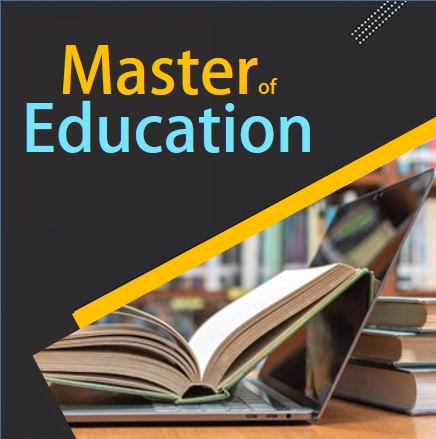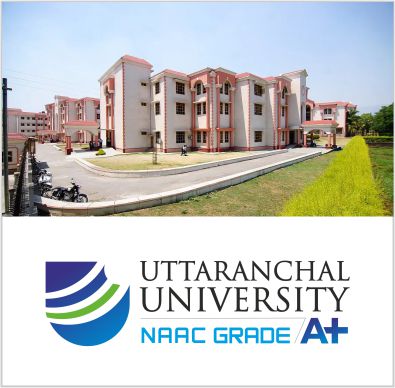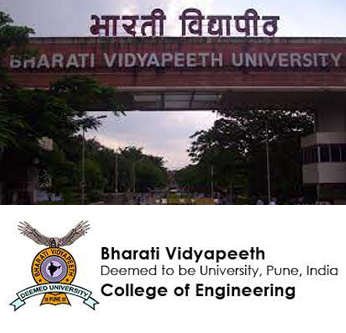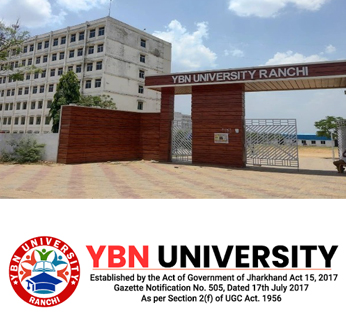Degree – M.ED
Full Form – Master of Education
Duration – 2 Years
Eligibility – B.ED

A title
Image Box text
Master of Education
M Ed full form is Master of Education. It is a 2-year postgraduate program for education professionals seeking advanced knowledge in theory, practice, and specialized areas of the field. This program is particularly attractive to various groups of individuals, including educators or teachers, counsellors, guidance professionals, educational technologists, and researchers.
Aspiring candidates must possess a Bachelor of Education (B.Ed) degree or an equivalent qualification from a recognized university for admission. Tuition fees for the M.Ed program typically start from INR 4,000 in government colleges and can reach up to INR 4,55,000 in private institutions. Top M Ed colleges include Mumbai University, Punjab University and Amity University. See also: MEd Admissions 2024
M Ed graduates have various career options in education, including roles like School Principal, Educational Consultant, College/University Professor, and Educational Researcher. M Ed salary typically range from INR 6 LPA to INR 10 LPA.
What is M.Ed?
M Ed is a postgraduate program that is awarded to individuals who have completed advanced studies in the field of education. This program is designed to provide an understanding of educational theory, practice, and research to educators and professionals in the education sector. It is a valuable degree Qualification for those seeking to enhance their teaching skills or engage in educational research.
Who should do MEd?
The M.Ed program is ideally suited for individuals who have a strong interest in the field of education and are seeking to enhance their comprehension of educational research, theory, and practice. This program is particularly attractive to various groups of individuals, including:
- Those already engaged in teaching or educational roles seek to advance their knowledge and skills.
- Professionals aspiring to leadership and administrative positions within educational institutions.
- Individuals interested in the field of counselling within an educational context.
- Individuals involved in creating effective instructional materials and strategies.
- Those interested in influencing and analyzing educational policies.
- Individuals working or intending to work in the specialized field of special education.
- Those passionate about integrating technology into educational settings.
- Individuals interested in research to contribute to the advancement of educational knowledge.
M.Ed Eligibility
The minimum eligibility requirements for MEd program are as follows:
- Candidates must have completed a Bachelor of Education (B.Ed.) degree or an equivalent qualification from a recognized university.
- Some M Ed programs may have minimum GPA requirements, ranging from 50% to 60% or higher, depending on the university and program.
- Certain programs might have additional requirements like:
- Teaching experience.
- Entrance exams (like NET/JRF/SET).
- Work portfolio (for specific specializations).
Key Highlights of M.ED Course

Flexible Learning Mode:
M.ED Course gives students choices in how they learn. They can pick different study times, like online classes, weekends, or part-time sessions, to fit their studies around their other commitments.

Updated Course Curriculum:
Curriculum stays current with what’s happening in industries today. It’s regularly updated so that students learn things that are relevant and useful in real life.

Write the exam in your chosen language:

Doubt clearing session:
Your One Stop Solutions

Fill The Basic Details
Get one step closer to your dream career with the right course.

Select Your Course
Help us know you better with basic information & few questions.

Explore Your Option
Don't limit yourself, explore top universities with our specially designed list

Compare & Get The Best
Compare top universities on different aspects like Student rating, Govt Approvals.
Admission Process
(How to Apply?)

Submit Form
Fill in and submit your application form online.

Expert’s Counseling
You will receive a call from our expert counselor

Choose University
Select the course & university according to your interest

Online Payment
You need to make a smooth online fee submission

Admission Confirmation
You will get an admission confirmation on your Email
Let's Clear up some doubts ?
Technical requirements may vary depending on the course and learning platform, but typically include a reliable internet connection, a computer or mobile device, and compatible software or web browsers. Specific requirements will be outlined in the course description or syllabus.
Yes, one of the advantages of online courses is that course materials are often accessible 24/7, allowing students to study at their own pace and convenience.
Online courses typically offer communication tools such as discussion forums, email, messaging systems, and live chat sessions where students can interact with instructors and peers. Instructions for accessing these communication channels will be provided within the course platform.
Yes, online courses typically have deadlines for submitting assignments, participating in discussions, and completing exams or quizzes. It's important to review the course syllabus or schedule to stay informed about important dates and deadlines.
It depends on the course and the institution offering it. Some online courses offer certificates of completion or professional development credits, while others may be eligible for transfer credit at colleges or universities. Check with the course provider or your academic institution for details on credit options.
Most online course platforms offer technical support services to help students troubleshoot issues with accessing course materials, navigating the platform, or using specific features. Look for contact information or help resources within the course platform for assistance.













